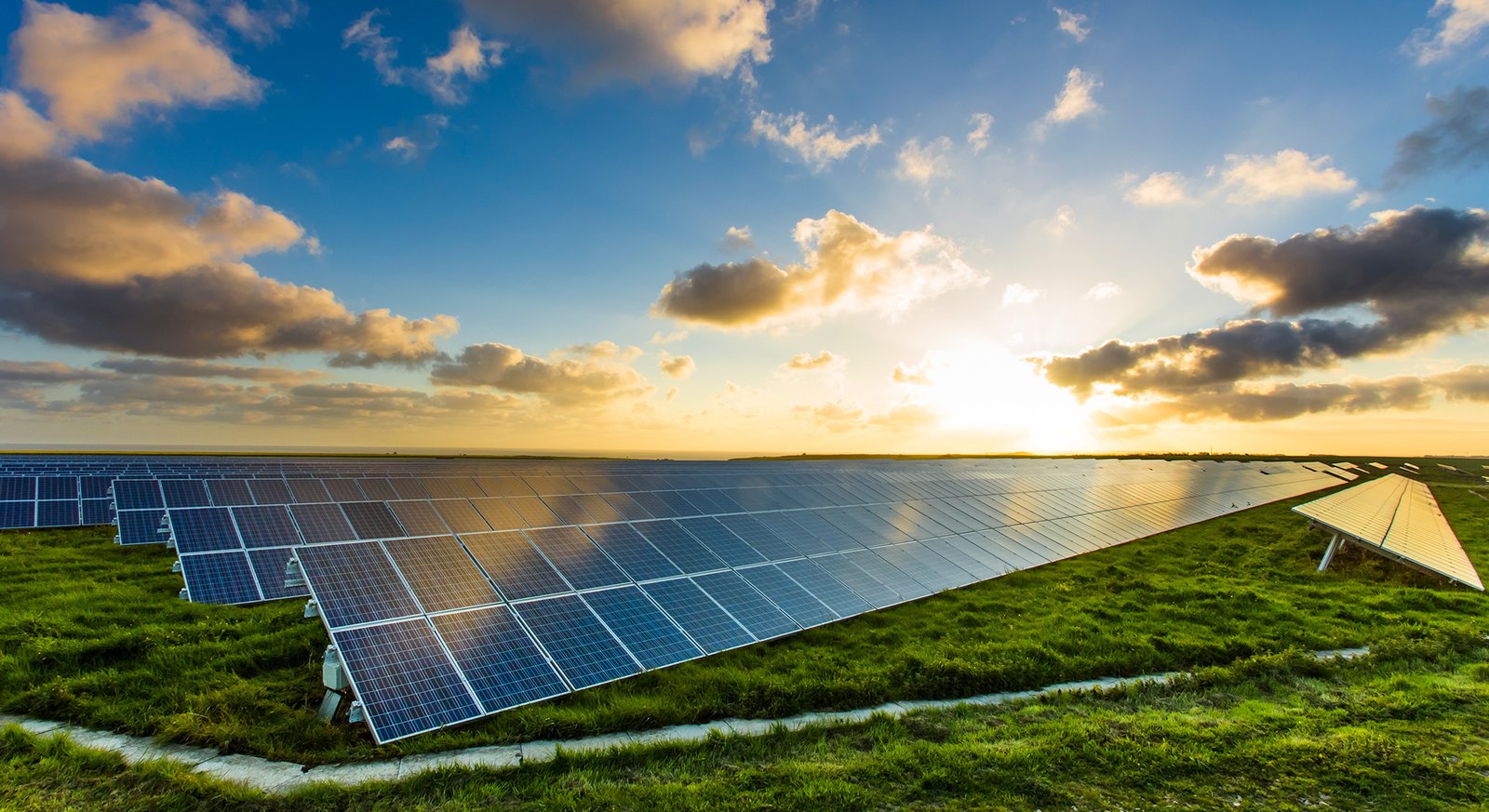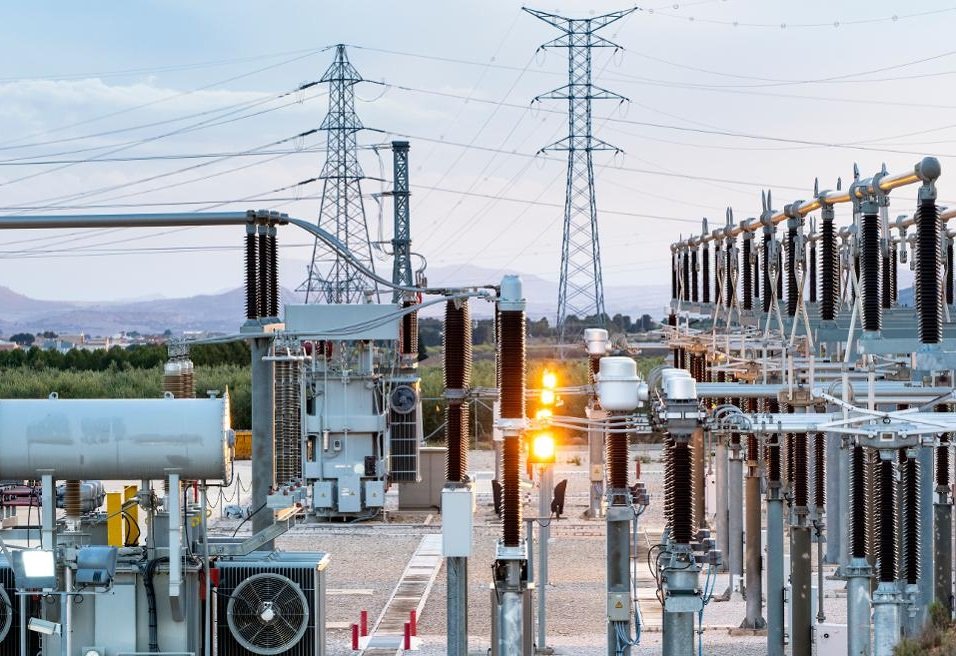Africa’s energy transition topped the agenda at the recently concluded Nigeria International Energy Summit (NIES) in Abuja. As the world’s youngest continent, Africa is expected to be home to nearly 2.5 billion people by 2050. Eighty percent of them will live in Sub-Saharan Africa, where less than half of all people have access to electricity today, and as little as 16% have access to clean cooking fuels and technologies. The continent’s energy transition is a huge task and will cost an estimated $100 billion annually between 2020 and 2040.
While the developed world clamours for Africa to accelerate the development of its massive renewable energy sources, Africa must also be given time to transition and allowed to use its natural gas as a transition fuel, just like it is the case in Germany, as well as Europe. What is acceptable for Germany and Europe must be acceptable for Africa.
Industry experts, decision-makers, regulators and key government officials waded into deliberations on the energy transition, including how to build a sustainable energy future for Africa, deregulation, utilizing gas as a transition fuel, sectoral challenges, local content, the role of National Oil Companies in the transition and implementing the Nigerian Petroleum Industry Act, amongst others.
Giving a keynote address at the event, the Vice President of the Federal Republic of Nigeria, His Excellency Pro Yemi Osinbanjo, explained that Africa can be much more effective in developing its own agenda and energy mix. He said: “There are two existential crisis for us Africans; global warming and energy poverty, which results in millions of our people being poor. There’s no question at all for us in this part of the world that both must go simultaneously so that people can have access to power. That is why gas must remain an important transition fuel. We must think in both terms.”
In a session themed ‘Building the Energy for Tomorrow’, Dr. Ainojie Alex Irune, Chief Operating Officer, Oando Energy Resources & Executive Director, Oando PLC stressed the need for Africa to act fast and act now.
Sharing his thoughts on creating a sustainable energy future, Dr. Irune said: “For the first time in the history of the world, we are going to see energy growth and demand outstrip average economic growth across the world, in a time where the energy mix is still being contended; contended because the primarily developed world has a view of what this mix should be, and Africa has a different perspective.
Against the backdrop of our youth population, poverty index and intra-African collaboration, we need to get impatient about delivering value and development to our people. The molecule of oil in our ground must be excavated with urgency; I’m talking about oil, we must create the balance sheet that will fund the transition. The PIA has come to make that journey a little less tortuous and whilst the PIA is not perfect, it is a starting point; but also understand that the PIA can quickly become obsolete because of the pace of change.”
NJ Ayuk, Executive Chairman of Africa Energy Chamber, in a session themed ‘ Security vs Energy Transition- Global Perspective for a Sustainable Energy Future’, explained why the continent needs to leverage its immediate resources to eliminate energy poverty. He said, “Africa is a gas continent. I wish we had discovered gas before we discovered oil. We are in Nigeria, Africa’s gas giant, and must continue working towards creating an enabling environment and incentivising participation in the gas value chain.” He further called on the government to cut the red tape and sign all the pending gas deals that could spur the country to a sustainable energy future.
Speaking on gas as a transition fuel Dr. Irune said; “We all recognize that gas is a transition fuel. However, we are the leaders, because Nigeria is a gas province with a little bit of oil and by investing in this gas and developing it, it will be the lever for developing our industry, kickstarting our economy and taking us into the age where we can genuinely compete with the rest of the world.”
Delegates across various panel sessions agreed that whilst Africa explores its exponential gas reserves as part of its energy mix, renewables must also be explored. African countries are well-positioned to meet their energy needs through renewable and cleaner sources compared to the continent’s industrialised counterparts. African countries have a unique abundance of untapped energy potential: the continent receives 325 days of sunlight per year, exploits less than seven percent of its hydroelectric potential and no more than two percent of geothermal capacity. As of today, renewables represent only 20 percent of the electricity generation mix. The reducing cost of renewable energy technologies, including storage, presents a real opportunity for Africa to move towards a clean energy pathway.
The His Excellency Prof. Yemi Osinbajo buttressed the potential of renewable in Africa’s energy mix. He said: ” If you are going to do anything regarding a green energy future, you should start from a low emission base, which is here in Africa. We have the natural resources to do so. If we focus on our strengths today, we can move quickly. We can build the energy for tomorrow first by recognising the opportunity early and developing all the potential around our natural resources, including natural gas, solar, and biofuels. We must, in particular, leverage our renewable energy potential.”
Speaking on the continent’s renewable energy potential, Dr. Irune said: “On the continent, we lack skill, that is why 2% of the total funds available for renewable projects make its way to Africa. We are approximately 30% of the world’s population. Again, another person is defining our future. We have everything it takes to build the energy for tomorrow. We have the oil to create the balance sheet, we have the gas for the transition, we have renewable energy, the sun and all the other renewable sources to compete in that renewable space and develop bankable projects. Most importantly, renewable is interesting, we have to figure out how to capture and save renewable energy and that requires precious metals, which we also have. So, if you look at the energy value chain, we shouldn’t ask for anything from the rest of the world but just be impatient in developing what we have.”
The five-day event ended on Thursday, April 20, 2023, with over 500 delegates in attendance. In his remarks the His Excellency Prof. Yemi Osinbajo said: “We must not see Africa as the victim, we are not the victim, we can in fact become the principal players, it is our nation and our continent that will drive the next stage of global economic progress and we can do so by becoming the first truly green civilization in the world.”








